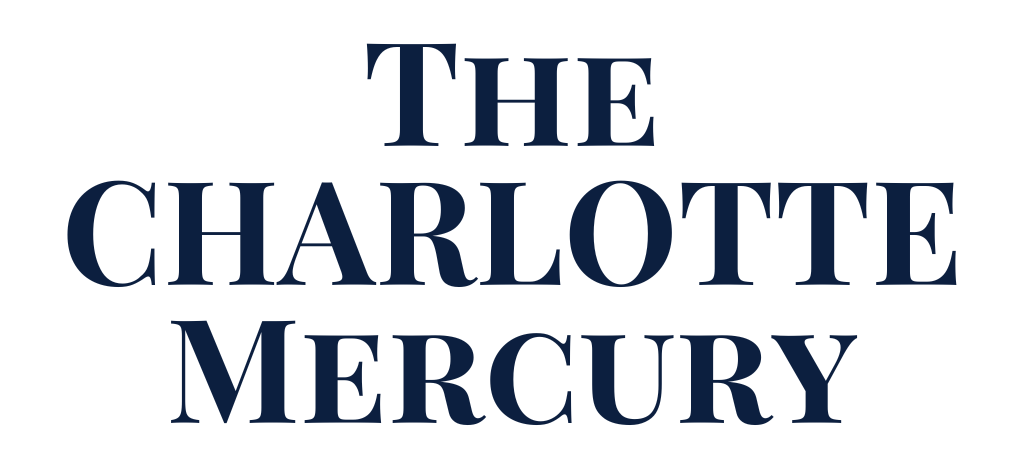
With the September 9 Democratic primary looming, Charlotte’s mayoral challengers are working to differentiate themselves from one another and from incumbent Vi Lyles, who seeks a fifth term. The city’s voters face sharply divergent approaches to three of the most pressing issues: housing affordability, transit and infrastructure, and public safety.
Housing and Affordability
Brendan K. Maginnis, a former Marine and financial advisor, has set a target of 25,900 affordable housing units by 2035. He proposes $75 million in city bonds every two years, $100 million in private investment, and creative tools such as tax-increment financing, micro-units, 3D-printed homes, and adaptive reuse of commercial space.
Jaraun “Gemini” Boyd, a nonprofit founder and criminal justice reform advocate, focuses on community land trusts and mixed-income development. His approach ties housing to anti-displacement measures and ensuring development benefits extend beyond high-growth areas.
Delter Kenny Guin III centers his plan on rent control and stricter inclusionary zoning provisions. He pledges to repurpose vacant or abandoned buildings into climate-controlled shelters, with a focus on recent graduates, single parents, and working families.
While Maginnis emphasizes production targets and financing mechanisms, Boyd’s proposals prioritize community ownership, and Guin pushes direct regulation of rents—an idea that could face state-level legal challenges.
Transit and Infrastructure
Maginnis opposes the $25 billion regional transit plan and the proposed 1-cent sales tax to fund it. Instead, he backs a $1.2–$1.5 billion Blue Line extension to Carowinds, arguing it would yield higher ridership and revenue than the Red Line. His platform includes free bus fares on major routes, bus rapid transit, and repairs for the 9.3 percent of city bridges deemed deficient.
Boyd shares Maginnis’s opposition to the transit tax, describing Charlotte’s current system as failing essential workers. He prioritizes equitable service and fair pay for transit staff over large capital projects.
Guin’s transportation focus is narrower, calling for penalties against contractors who miss construction deadlines and better coordination of road projects to ease congestion.
The contrasts here are stark: Maginnis advocates capital-intensive expansion without a tax hike, Boyd pushes for service and labor improvements, and Guin focuses on efficiency measures without detailing a long-term transit vision.
Public Safety and Criminal Justice
Maginnis proposes expanding the Office of Violence Prevention, backed by a $32 million investment in job training and small business support to address root causes of crime. He sets explicit goals: reduce gun homicides by 20 percent and raise median incomes by 10 percent by 2028.
Boyd calls for increased investment in youth programs, mental health services, and community-based violence prevention, paired with police accountability and oversight. His policy draws directly from his experience mentoring formerly incarcerated individuals.
Guin advocates a “zero tolerance” stance for violent offenders alongside community-oriented policing to rebuild trust. His proposals include more interaction between officers and residents through events and dialogue.
The three candidates offer differing balances between enforcement and prevention—Maginnis blending oversight with economic opportunity, Boyd focusing on social supports, and Guin emphasizing both tough-on-crime rhetoric and relationship-building.
The Feasibility Question
Even the most detailed proposals will require buy-in from Charlotte’s city council and cooperation from state legislators, especially in a weak-mayor system. Funding remains an open question for all three platforms, as does the political calculus of enacting policies that may face opposition from entrenched interests or higher levels of government.
The September 9 primary will test whether voters favor ambitious production goals, grassroots community strategies, or quality-of-life measures aimed at immediate improvements. Whoever prevails will face the challenge of translating campaign promises into policy under the constraints of Charlotte’s governance structure.
Jack Beckett drinks his coffee the way some people read political platforms—strong, with no sugar coating. At The Charlotte Mercury, we don’t do drive-by coverage. Dive into our News, Business, Housing, and Politics sections for the full context, and don’t miss our special 2025 election coverage, Poll Dance 2025; Join the Dance. You can always message us on X.com—Twitter, or as we call it, Twix—at x.com/queencityexp. For the legal fine print or to peek behind the curtain, visit Privacy Policy, About Us, Terms of Service, Media, and Contact Us.
Creative Commons License
© 2025 The Charlotte Mercury
This article, “Charlotte Mayoral Candidates Present Diverging Plans for Housing, Transit, and Public Safety,” by Jack Beckett is licensed under CC BY-ND 4.0.
“Charlotte Mayoral Candidates Present Diverging Plans for Housing, Transit, and Public Safety”
by Jack Beckett, The Charlotte Mercury (CC BY-ND 4.0)
